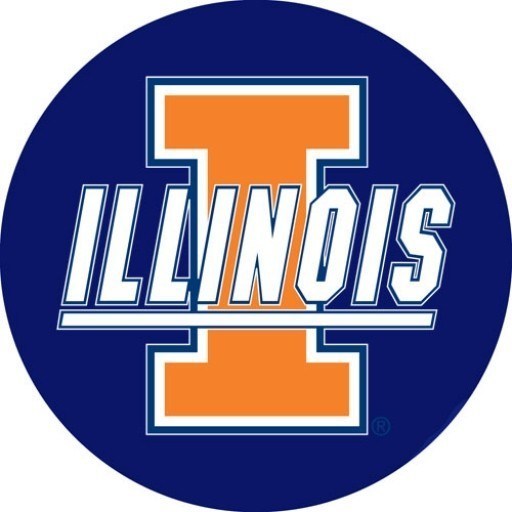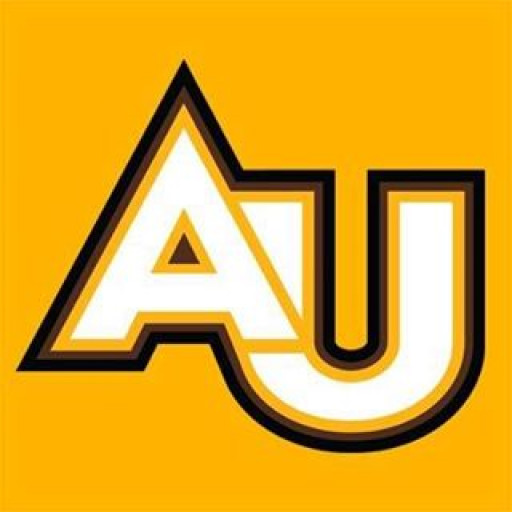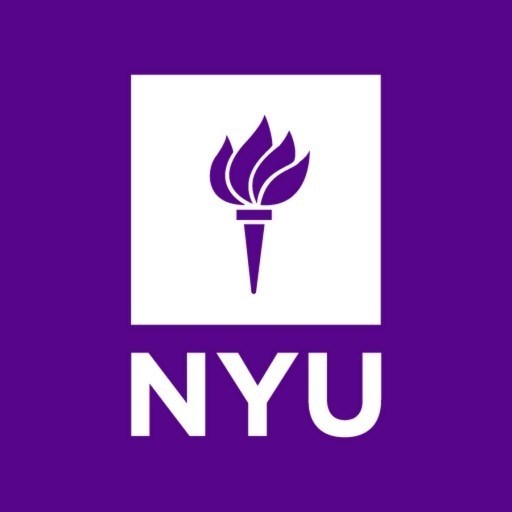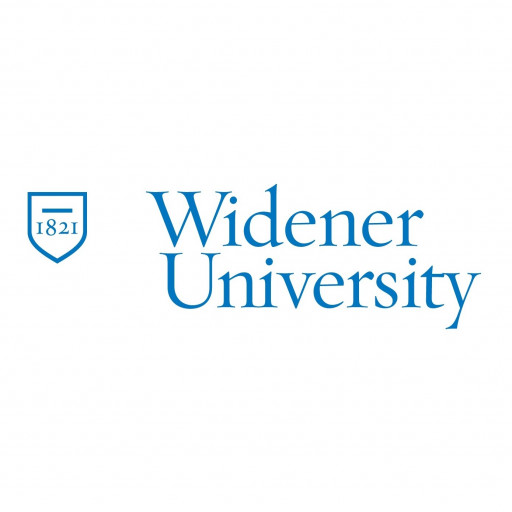Photos of university / #illiniview
The Bachelor of Science in Human Nutrition at the University of Illinois at Urbana-Champaign offers students a comprehensive foundation in the science of human nutrition, health, and wellness. This program is designed to prepare students for a variety of careers in nutrition science, dietetics, healthcare, research, and public health. Through coursework in biochemistry, physiology, food science, and community health, students gain a deep understanding of how nutrients impact human biology and disease prevention. The curriculum emphasizes both the scientific principles underlying nutrition and practical application, including meal planning, dietary assessment, and nutrition education. Students also have opportunities for experiential learning through internships, research projects, and collaborations with community organizations. The program is ideal for students aspiring to become registered dietitians, nutrition educators, or to pursue advanced degrees in health sciences or medicine. Faculty members are dedicated to providing a rigorous education combined with research opportunities that foster innovation and inquiry. State-of-the-art laboratories and facilities allow students to engage in hands-on experiments and data analysis, further enhancing their technical skills. The university’s strong connections with healthcare providers and industry partners facilitate internships and employment prospects after graduation. Graduates of the program are equipped to contribute meaningfully to improving individual and community health through evidence-based nutritional advice and interventions. With a focus on both scientific excellence and societal impact, the Human Nutrition program at Illinois prepares students not only for successful careers but also for lifelong learning and leadership in the field of nutrition.
Required courses
- MCB 450 or higher (3 H) - Biochemistry
- FSHN 420 (3 H) - Nutritional Aspects of Disease
- FSHN 426 (3 H) - Biochemical Aspects of Nutrition I (M.S. students)
- FSHN 427 (2 H) - Biochemical Aspects of Nutrition II
- FSHN 465 (3 H) - Principles of Food Technology
- FSHN 597 or NUTR 500 (required every semester for 0 H; 1 H when defending dissertation) - Seminar in Food Science or Nutritional Sciences Seminar, respectively 4
- FSHN 593 or FSHN 596 (2 H) - Seminar in Foods or Seminar in Nutrition, respectively
Electives
- FSHN 421 (2 H) - Pediatric Clinical Nutrition
- FSHN 428 (3 H) - Community Nutrition
- FSHN 429 (3 H) - Nutrition Assessment and Therapy
- FSHN 440 (4 H) - Applied Statistical Methods I
- FSHN 480 (3 H) - Basic Toxicology
- FSHN 510 (up to 4 H) - Topics in Nutrition Research
- FSHN 520 (up to 6 H) - Advanced Clinical Nutrition FSHN 592 (up to 2 H) - Graduate Internship Experience
- FSHN 595 (3 H) - Micronutrients and Health
- FSHN 598 or NUTR 593 - Advanced Special Problems or Individual Topics in Nutrition, respectively 7
- NUTR 511 (4 H) - Regulation of Metabolism
- NUTR 550 (2 H) - Grantsmanship and Ethics
- NUTR 590 (up to 2 H) - Disciplinary Seminar
- ANSC 421 (3 H) - Minerals and Vitamins
- ANSC 520 (3 H) - Protein and Energy Nutrition
- ANSC 524 (2 H) - Non-ruminant Nutrition Concepts
Requirements
- Should have a minimum undergraduate grade point average of 3.0 (A=4.0)
- Are required to take the GRE examination (additional resources about the GRE interpretationand requirements)
- Are required to provide three letters of reference
- Are required to submit a statement of professional interest
- From non-English speaking countries should submit TOEFL/IELTS scores with their application materials.
Minimum acceptable score requirements are available on the Graduate College website.*If your internet-based test TOEFL score is between 79-102, you can still be admitted, but on limited status, as per the rules of the University of Illinois Graduate College. Students who remain on limited status are not eligible for financial support from this institution.
- Must find a faculty member willing to train them and serve as their major professor before they can be accepted into the Department.
Although applications will be posted for faculty to review, we suggest that applicants take a proactive role by directly contacting faculty members with whom they would be interested in working. A full list of faculty and their research areas is available on thefaculty page.
Food Science and Human Nutrition does not require additional information beyond that which is necessary through the online application, but applicants should include a brief phrase that describes their research focus in the ‘other specialization’ section of the application.
The University of Illinois at Urbana-Champaign offers a comprehensive financial aid package for students enrolled in the Human Nutrition undergraduate program. Funding options include federal and state grants, scholarships, work-study opportunities, and student loans. Federal financial aid is accessible through the Free Application for Federal Student Aid (FAFSA), which students should submit annually to determine eligibility for need-based grants such as the Pell Grant and Federal Supplemental Educational Opportunity Grant (FSEOG). The university’s Office of Student Financial Aid and Scholarships provides personalized counseling, assistance with application procedures, and information about various scholarship opportunities specific to Human Nutrition students.
In addition to federal aid, the university offers numerous scholarships funded by alumni, benefactors, and industry partners tailored to students pursuing degrees in health sciences and nutrition. Merit-based scholarships are awarded based on academic performance and extracurricular achievements, while need-based awards consider the student’s financial circumstances. The Illinois Commitment program ensures in-state students from low-income families can attend tuition-free, which can significantly reduce overall educational costs.
Students are also encouraged to explore private scholarships from external organizations dedicated to health, nutrition, and public health professions. The university’s work-study programs enable students to participate in part-time jobs on campus, gaining valuable experience while earning money to support their education. Furthermore, low-interest student loans are available through federal programs, with options for both undergraduate and graduate students, allowing students to finance their studies while minimizing immediate financial burden.
The university emphasizes transparency in its cost of attendance and provides detailed estimates, including tuition, housing, meals, books, and personal expenses. Financial planning resources and workshops are available to help students budget effectively throughout their academic career. International students, in particular, should consult specific scholarship opportunities and funding resources tailored to their status.
Overall, the university strives to make Human Nutrition education accessible and affordable through a diverse array of financial aid options. Prospective and current students are encouraged to engage with the financial aid office early in their academic journey to ensure they maximize available resources and support systems, helping them successfully complete their degree without undue financial hardship.
The Bachelor of Science in Human Nutrition at the University of Illinois at Urbana-Champaign is a comprehensive undergraduate program designed to provide students with a solid foundation in the scientific principles of human nutrition and the role it plays in health and disease. The program emphasizes understanding the biological mechanisms of nutrient functions, the impact of diet on individual and public health, and the application of scientific research to practical nutrition issues. Students have the opportunity to explore a wide range of topics, including macronutrients and micronutrients, metabolism, food science, health promotion, community nutrition, and clinical nutrition. The curriculum combines coursework in biology, chemistry, physiology, and psychology to give students a multidisciplinary perspective on nutrition.
Students can expect to engage in both theoretical learning and practical experiences, including laboratory work, internships, and research projects. The program prepares graduates for diverse careers in dietetics, public health, food industry, research, and education. It also provides a strong foundation for students interested in pursuing advanced degrees such as a Master of Science or a Ph.D. in Nutrition or related health fields. The university supports student involvement in research initiatives and offers access to state-of-the-art facilities.
The program is designed to meet the academic requirements for dietetic registration and credentialing, positioning graduates to pursue certification as a Registered Dietitian Nutritionist (RDN). Students are encouraged to participate in service-learning and community engagement activities to apply their knowledge in real-world settings. The faculty are experts in clinical nutrition, public health, food science, and research, providing mentorship and guidance throughout the academic journey.
Overall, the Human Nutrition program at Illinois combines rigorous scientific training, practical application, and opportunities for research to prepare students for impactful careers in improving human health through nutrition. The university’s strong network of industry and health organizations offers pathways for internships and employment after graduation, making it a leading program in the field of nutrition and dietetics.







